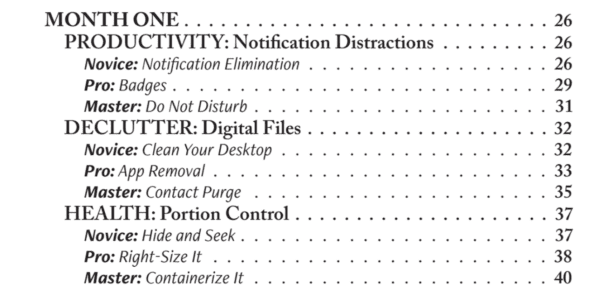Employees are now working more hours than ever before. Half of all full-time employees are working more than 40 hours a week. Many are working 50, 60, and sometimes, even more hours per week. This trend is sending employee burnout rates through the roof and causing a multitude of health problems. Is it time for a 3-day weekend?
Recent research has shown several dangers of being overworked. The risk of stroke, heart problems, and type 2 diabetes increase substantially as well as the increasing risk of mental health issues such as anxiety and depression.
Employees work frivolously to attempt to pay down debt and put away extra money away for retirement. While you may question whether the additional work is necessary, the company also feels the sting of overworking their employees. Productivity and focus are maxed out around the five-hour mark. This means that for the rest of the day, employees are often caught spacing off or sleeping during meetings and other work-related tasks. Decreased productivity is leading to lower profits for the company as well as a lower quality of work from employees.
Several companies worldwide have started to notice the benefits of three-day weekends. Employees are spending the extended weekend relaxing and spending more time with friends and family. When they come back to work at the beginning of the week, focus and productivity are through the roof. The approach has also increased employee loyalty as well as increasing the ability to hire top talent.
While working one less day can have financial implications for some employees, budgeting properly and saving more of your money can go a long way. Not to mention all the money you’ll save on healthcare. Check out this infographic to see how a three-day weekend is better for you and your employer.

